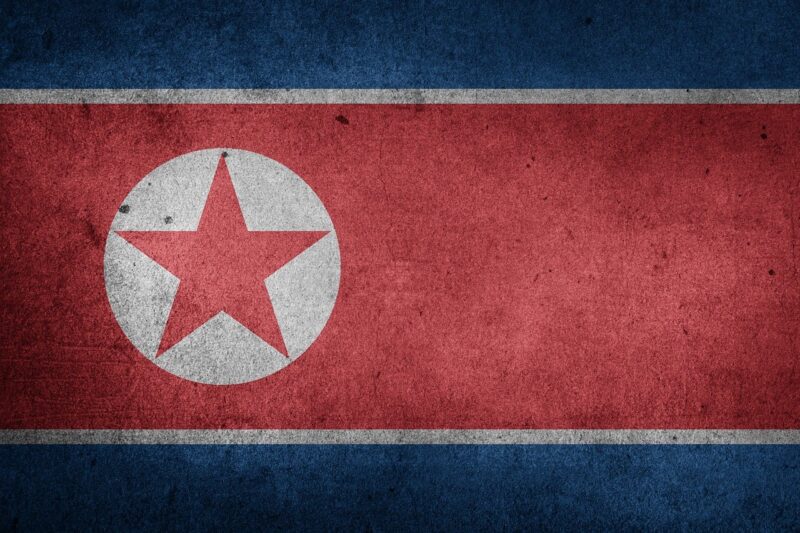In a concerning development, North Korea has launched two missiles into Japan’s Exclusive Economic Zone (EEZ) off the coast of Ishikawa. This aggressive move by North Korea has escalated tensions in the region and raised concerns about the country’s nuclear capabilities. As a response, Seoul, the United States, and Japan have joined forces to address the growing threat posed by North Korea and its continued missile firings.
The missile firings by North Korea have had a direct impact on Japan, particularly in the region near Ishikawa. The missiles were launched into Japan’s EEZ, a maritime zone where Japan holds special rights for exploration and use of marine resources. The incident has triggered alarm bells in Japan, raising security concerns and emphasizing the need for a swift and unified response from the international community.
Seoul, the United States, and Japan have wasted no time in coming together to address the North Korean threat. Recognizing the need for a united front, the three nations have intensified their efforts to tackle the ongoing nuclear tensions and missile firings emanating from Pyongyang. By forging a collective approach, they aim to deter North Korea’s provocative actions and protect the security and stability of the region.
South Korea, located in close proximity to North Korea, has been at the forefront of dealing with the continuous threats posed by its northern neighbor. Seoul, well-aware of the potential consequences of North Korea’s actions, has taken an active role in urging diplomatic solutions to resolve the nuclear tensions. The South Korean government has emphasized the importance of open communication channels and engagement with North Korea to achieve long-term peace and stability.
The United States, as a key ally to both South Korea and Japan, has reaffirmed its commitment to the security of the region. The missile firings by North Korea serve as a reminder of the unpredictable nature of the regime and the necessity of a robust defense strategy. The U.S. government has pledged its support to its regional partners, including military cooperation and intelligence sharing, to effectively counter the North Korean threat.
As the direct target of the missile firings, Japan has expressed deep concerns over North Korea’s provocative actions. The Japanese government has condemned the missile launches as a clear violation of international norms and a threat to its national security. Japan has heightened its surveillance and defense capabilities, working closely with its allies to strengthen regional security and protect its territorial integrity.
The missile firings have triggered widespread international condemnation, with many countries expressing solidarity with Japan and calling for a peaceful resolution to the North Korean crisis. Efforts are underway to utilize diplomatic channels and multilateral platforms to engage North Korea in constructive dialogue and to urge the country to cease its nuclear provocations. International pressure and sanctions have been imposed to deter North Korea’s hostile actions and encourage compliance with international norms.
The firing of two missiles into Japan’s Exclusive Economic Zone off Ishikawa by North Korea has heightened tensions in the region and underscored the urgency of addressing the North Korean threat. Seoul, the United States, and Japan have united in their determination to confront these challenges and maintain stability in the face of ongoing nuclear tensions and missile firings. Through cooperation, diplomatic efforts, and a strong defense posture, the international community seeks to foster a peaceful resolution that ensures the security and well-being of all nations involved.


